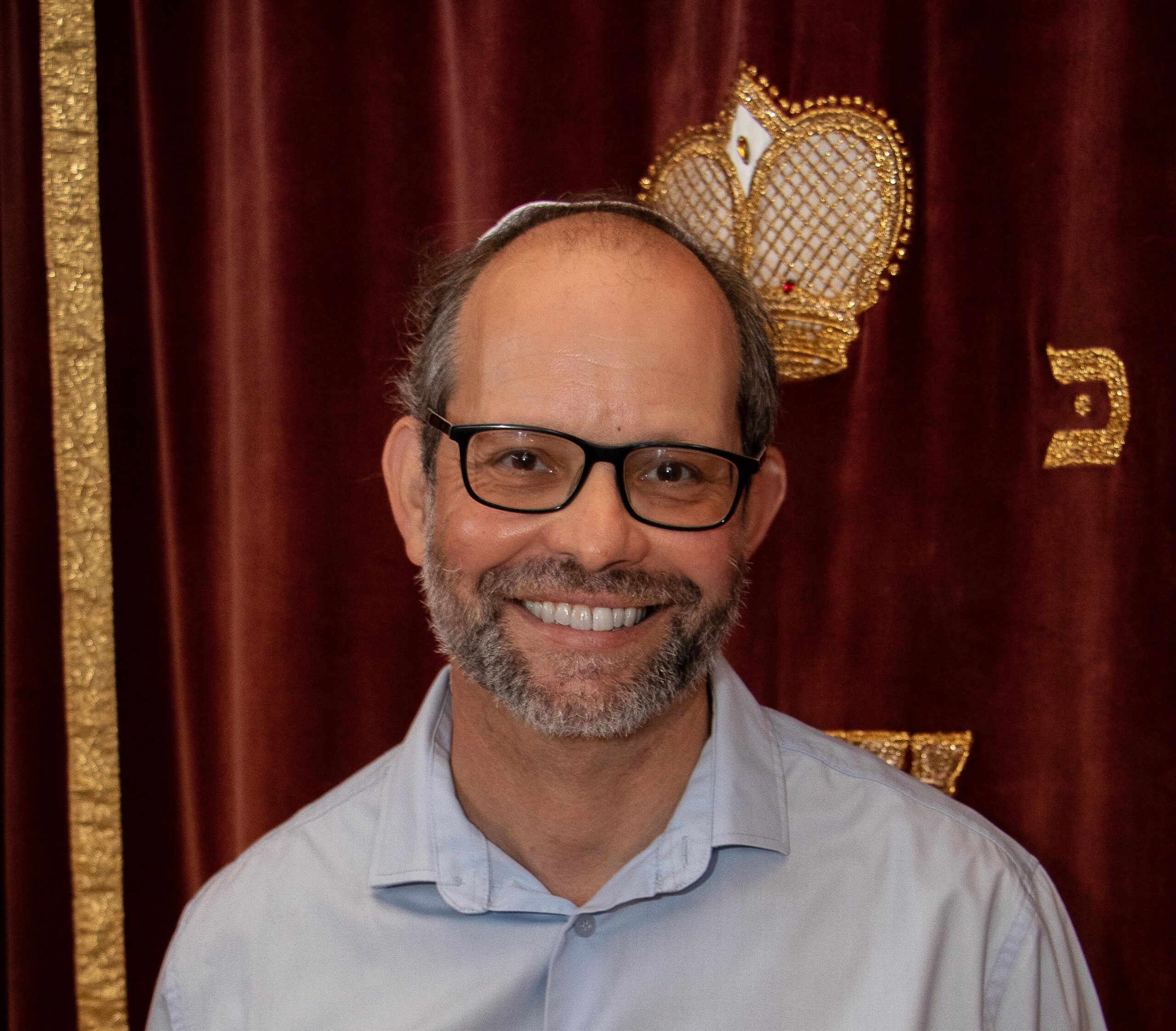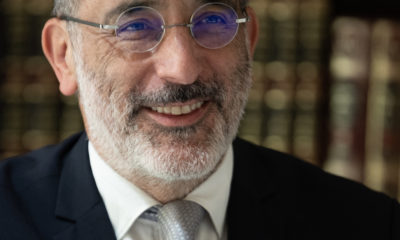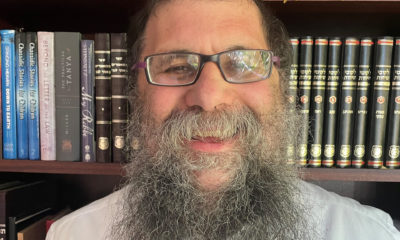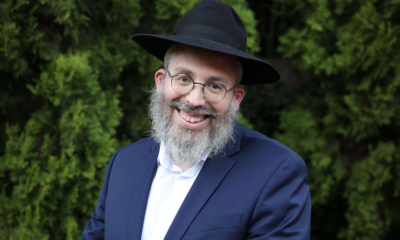
Religion

Why this night will be different
The magid of the Pesach seder begins with the Arbah Kashiyot, the Four Questions that ask “Mah nishtanah halailah hazeh mikol halailot?” (Why is this night different from all other nights?). This Pesach of 5784 should be looked at through the lens of a paraphrased version of this ancient question from the haggadah: “Mah nishtanah haPesach hazeh mikol haPesachim shel ha-avar?” (Why is this Pesach different from all the previous Pesachs?).
The pogrom of 7 October 2023, during which more than 1 300 Israeli civilians were massacred and more than 200 were kidnapped and taken to Gaza, was perpetrated on the last festival of Tishrei – Shemini Atzeret-Simchat Torah. This festival celebrating the Torah will never be as joyous as it was in previous years as it will always be the yahrzeit of the victims of Hamas’s abominable acts of inhumanity. The celebration of ending and restarting the Torah reading cycle will now always be overshadowed by the plight of the hostages, some of whom are still held in captivity in Gaza six months later.
The date 7 October 2023, 22 Tishrei 5784, was the day that sparked a war that has resulted in the death of thousands of people of all ages, the destruction of infrastructure, and the disruption of basic humanitarian needs – the supply of food, water, and medicine. The war has also resulted in a tangible rise of antisemitism around the world, including countries and institutions that were always perceived as safe spaces for Jews.
Though in a democracy everyone has a right to protest, the very sight of people waving Palestinian flags and chanting for the cessation of the war in Gaza instils fear in the hearts of many Jews. The chant, “From the river to the sea, Palestine will be free,” shouted by vast numbers of people during pro-Palestinian rallies across the world invoke images of 1930s Europe and the resultant genocide that was committed from 1938 to 1945.
It’s in this context that Jews around the world will be observing Pesach, the ancient festival of freedom and human dignity. Pesach is a major festival for Jews because it celebrates the liberation of our ancient ancestors from Egyptian bondage and the passing of the Hebrews, together with the eirev rav (the mixed multitude) (Exodus 12:38) through the birth canal of the Sea of Reeds to form bnei Yisrael (the Israelites). Though this collective memory of yetziat Mitzrayim (the exodus from Egypt) is intrinsic to our identity as Jews, the narrative of the exodus resonates with all people as it’s a story of human freedom and dignity. Thus, the biblical story of Moses and the slave revolt against the mighty Pharaoh inspired the anti-slavery movement in the United States and the resultant Emancipation Proclamation of 1863. Nelson Mandela stated that the story of exodus encouraged the South African anti-apartheid movement.
Raban Gamaliel (Pesachim 10:5) teaches that we should celebrate Pesach as if we ourselves went out of Egypt. This teaching is included in the haggadah and the Torah continually reminds us that we were once slaves in Egypt and therefore should be empathetic to the suffering of others (Ex 22:20, 23:9, Lev 19:34, Deut 10:19). This year, I’m sure that an empty chair will be a feature at the table of many sedarim as we think of the hostages still in Gaza and all the lives that have been lost in the terrible conflict in the area. Our Pesach celebrations should also be tainted by the plight of victims of all wars that are taking place in our violent world.
A profound ritual of the Pesach seder is the spilling of wine for each of the plagues that were wrought upon the Egyptians. As each plague is called out, participants place a drop of wine on their side plate with their pinky finger as a display of their sorrow that the Egyptians had to suffer so that Pharaoh would agree to set our ancestors free. According to tradition, we must dry our finger on a serviette and not lick it so that we do not enjoy the wine that we have spilled. This ritual is based on an aggadah (Sanhedrin 39b) that describes G-d’s disapproval of the angels rejoicing over the drowning of the Egyptian army in the Sea of Reeds. The discouragement of jubilation over the defeat of the enemy is also the reason for reciting only the half Hallel during the shacharit services of chol ha-moed Pesach.
Though our Pesach celebrations this year will definitely be overshadowed by the war in Gaza and the immense loss of life and freedom, we need to take inspiration from the narrative of yetziat Mitzrayim, and be hopeful that good and right will prevail over evil and hatred. Just as the exodus from Egypt gave birth to Am Yisrael, so may Pesach 5784 be the start of a process of working towards a better world, a world devoid of hatred and violence, a world in which the dignity of all is upheld. This hope for a better future, while seemingly naïve, is a longing inherent in Judaism and expressed by the statement that ends the haggadah: “L’shanah haba’ah biyrushalayim” (next year in Jerusalem).
- Rabbi Malcolm Matitiani heads the Jews by Choice Programme at Temple Israel and is passionate about teaching the values and traditions of Judaism to those eager to learn and embrace the Jewish way of life.










